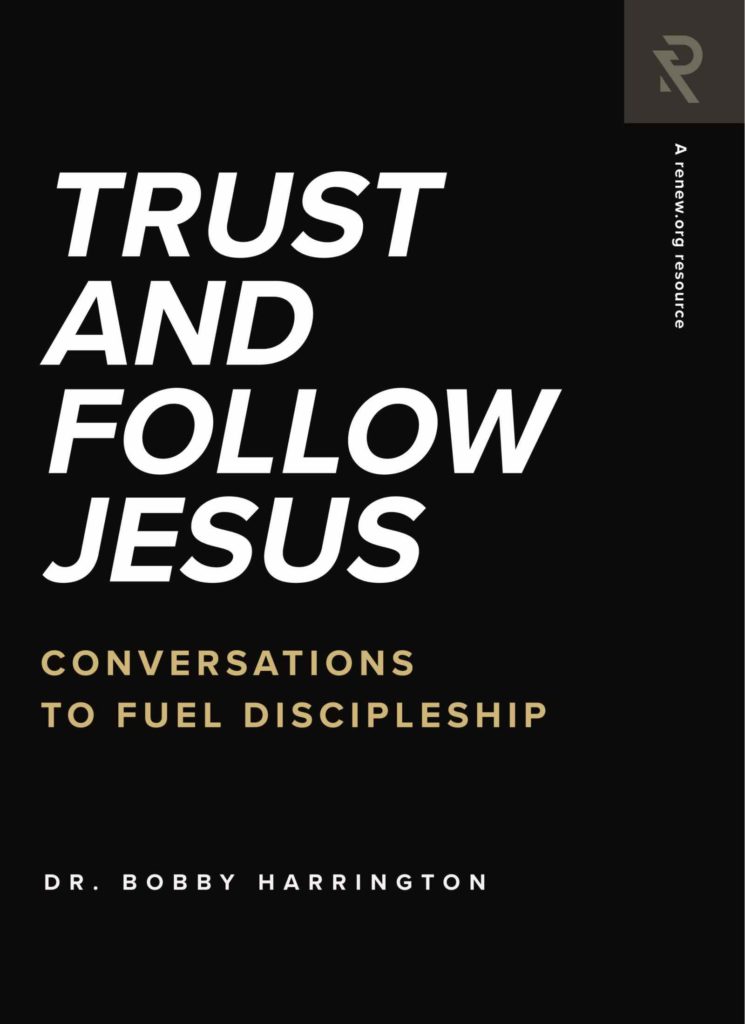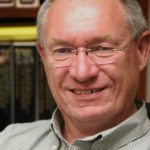
3 Ways to Shepherd Well
One of the foremost elders of the church, the Apostle Peter, gives us a clear picture of our role as elders.
In 1 Peter 5:1-4, he states:
Therefore, I exhort the elders among you, as your fellow elder and witness of the sufferings of Christ, and a partaker also of the glory that is to be revealed, shepherd the flock of God among you, exercising oversight not under compulsion, but voluntarily, according to the will of God; and not for sordid gain, but with eagerness; nor yet as lording it over those allotted to your charge, but proving to be examples to the flock. And when the Chief Shepherd appears, you will receive the unfading crown of glory.
Paul also makes clear that our main role is that of shepherd. We are to manage, lead and cast vision. These roles are all important to an effective elder team. But we should be focused first and foremost on our role as shepherd.
In smaller churches, the role is hands-on, up close and personal. In our mega-churches, elders oversee webs of relationships in the church (small groups, Sunday School classes, ministry teams [i.e. Praise Team], etc.). In larger churches, elders should manage the task of making sure that the thousands or hundreds of people who attend the church are being shepherded in an effective way.
Whether the church is small or large, elders are to be shepherds.
What does this look like in today’s church? Here are a few suggestions that might bring clarity to our role:
1) We are to be visible to our flock. In a smaller church, this is no problem. Everyone knows who the elders are. In churches of 300 and up, it is possible that many in the church don’t know who the shepherds of the church are. Finding ways to make our shepherds visible to our congregation would help this problem. Having elders introduce themselves before they lead in prayer in worship services would be good. If your congregation uses an invitation song in worship services, why not have elders up front at invitation time to receive those who come forward? Having elders (and maybe their wives) in the lobbies of our buildings at worship times, proactively connecting with people before and after services, would allow contact and connection with those in our flock.
2) We are to be prayerful for our flock. One of our main ways to shepherd our people is by offering intercessory prayer on a daily basis for our people. We should pray daily that God’s blessing, presence, protection from temptation and peace should be upon the lives of our people. Our children, teens, college students, singles, married couples and senior saints all need the mantle of prayer that we provide as shepherds. When we daily intercede for our people, we are spreading a covering of protection over our flock. Remember, brothers, prayer makes a difference. Let us protect our people daily by lifting them up in prayer.
3) We are to be involved in shepherding activities. Today’s church growth research indicates that any person, leader or layman, can only connect with significance with approximately 60-80 people in the congregation. If this is so, as an elder, I know I can touch at least that many people through various means. As mentioned previously, leading a small home bible study group, teaching a Sunday School class, playing in the Praise Band, etc. are all ways (plus many others) that we can establish relationships and connect with people. It is an absolute must that we are touching people at the grass roots level as shepherds.
Elders, following in the steps of our Lord Jesus, Peter and Paul, let’s shepherd well.
(Originally published as “How to Shepherd,” by David Roadcup on www.e2elders.org. Used by permission.)









